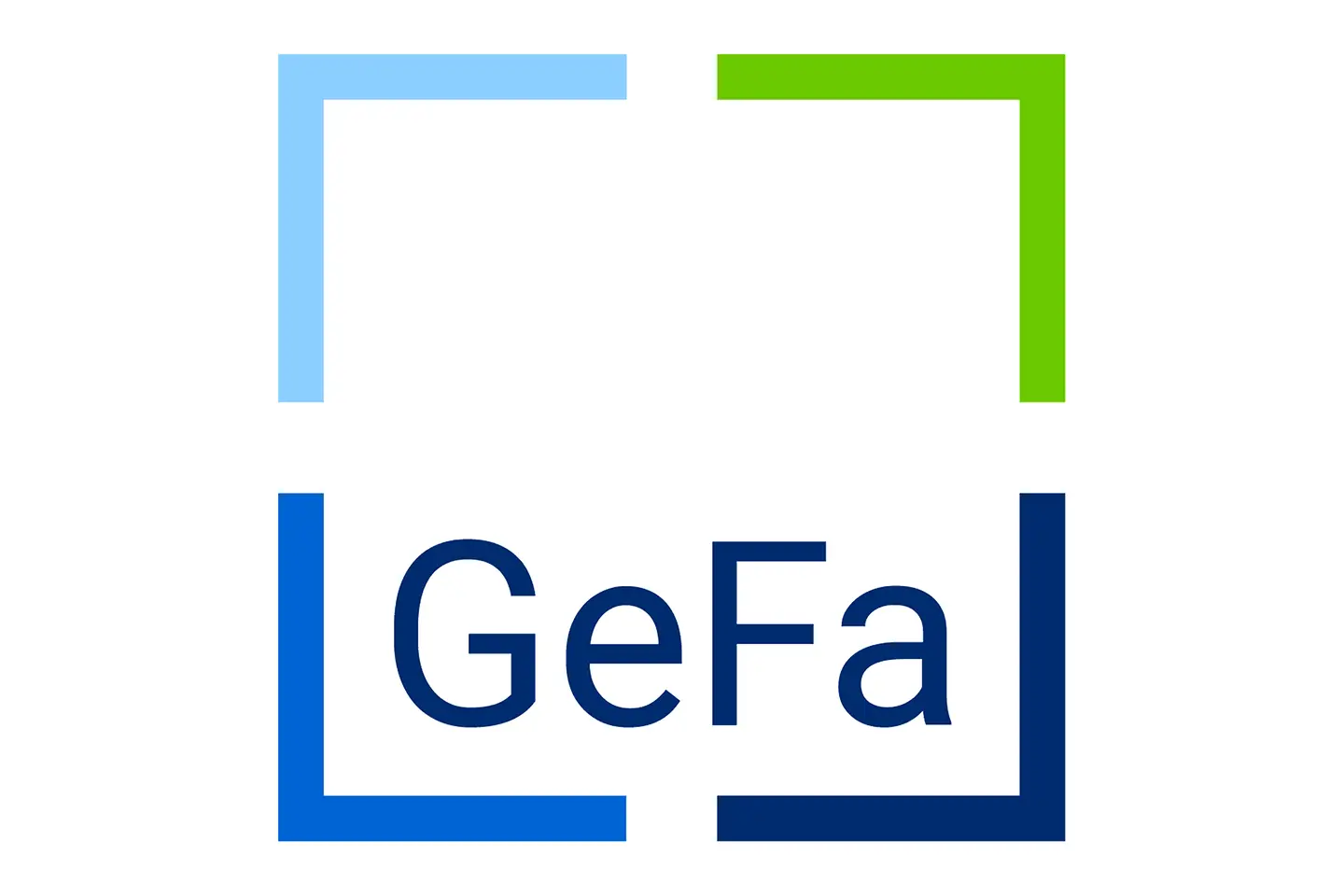

The new specialized procedure has been designed to enable more than 100,000 employees to work in a modern, efficient, and target-oriented manner. This requires a technologically sustainable solution. Ease of use is a key factor for success here. High-quality user experience, ergonomics, and accessibility are therefore essential prerequisites for realization.

The decision was made to involve several external service providers for the development and testing of the specialized application. They awarded three lots: one partner would support phase 1, the elicitation of requirements and conceptual design, and one partner would support phase 2, the software development and integration. The Ventus network, led by T-Systems, was the third partner for test support and acceptance. The Ventus network includes several Deutsche Telekom units as well as the companies Materna, Lunzer & Partner, and Westernacher Solutions. The commissioning parties were the states of the GeFa development alliance, which is made up of the 16 federal states of the Federal Republic of Germany. These are represented by the Free State of Bavaria, which is in turn represented by the Bavarian State Ministry of Justice for the lead management of the GeFa program.
Dynamic resources are ideal for use in tests, which are usually carried out on an as-needed basis, such as when development teams deploy new code. The dynamic test platform is an ideal complement to agile development and will adapt to GeFa's testing requirements as the program progresses. And the client has full control over the costs: Having an agile fixed-price project ensures that costs are kept within the agreed limits despite the dynamic service delivery. The client also gains access to specific and comprehensive test knowledge (also through possible use of European nearshore resources). This allows them to map the various requirements for accessibility and ergonomics in the test, even in an agile environment. A set of certifications (BSI C5, DIN 27001) ensures that the resources fully meet the compliance requirements laid down by the client.
Our dynamic test platform and testing expertise enable us to provide our client with targeted support on the road to agile software development for a modern specialized procedure.
Jürgen Breithaupt, Public IT Competence Center, Deutsche Telekom Business Solution GmbH
The aim of creating a modern technical process also goes hand in hand with the decision to implement a more agile and interactive software development process. The development process, including testing and acceptance, is to be accelerated. This will enable the client to see the progress of the project more quickly. Scrum and the Scaled Agile Framework (SAFe) were defined as the basis for this. A shared CI/CD pipeline will organize the project work for up to 10 development teams working in parallel. This CI/CD pipeline therefore needs to be scalable. It also provides the basis for the various software tests. The German justice system therefore needed a partner with proven expertise in testing in agile development processes. This partner had to be able to ensure the required software quality. In order to do this, they had to provide qualified test personnel as well as a scalable test platform consisting of hardware and software. The special compliance requirements meant that it must also be possible to test the specialized procedure with real data, and therefore the platform could only be operated in a European, security-certified data center. Under T-Systems' leadership, the network was able to meet all of these requirements.
T-Systems is providing the test environment from its twin-core data center in Magdeburg/Biere. The infrastructure used consists of scalable resources from the DIN ISO 27001-certified Open Telekom Cloud. The Open Telekom Cloud also meets the C5 criteria catalog laid out by the German Federal Office for Information Security. The CI/CD pipeline (Continuous Integration, Continuous Delivery) was developed based on the T-Systems standard product "DevOps as a Service". The necessary test tools were also set up on the Open Telekom Cloud in order to provide a powerful and scalable comprehensive test environment. The T-Systems domain test platform consists of two logically separate parts: the integration and testing platform, onto which the Scrum teams upload their code, and the system testing platform, on which the newly developed and tested increments are tested in interaction with each other. T-Systems also supports the client in creating its own in-house acceptance test environment, trains the client's staff, and handles the quality assurance of the testing process.